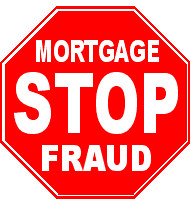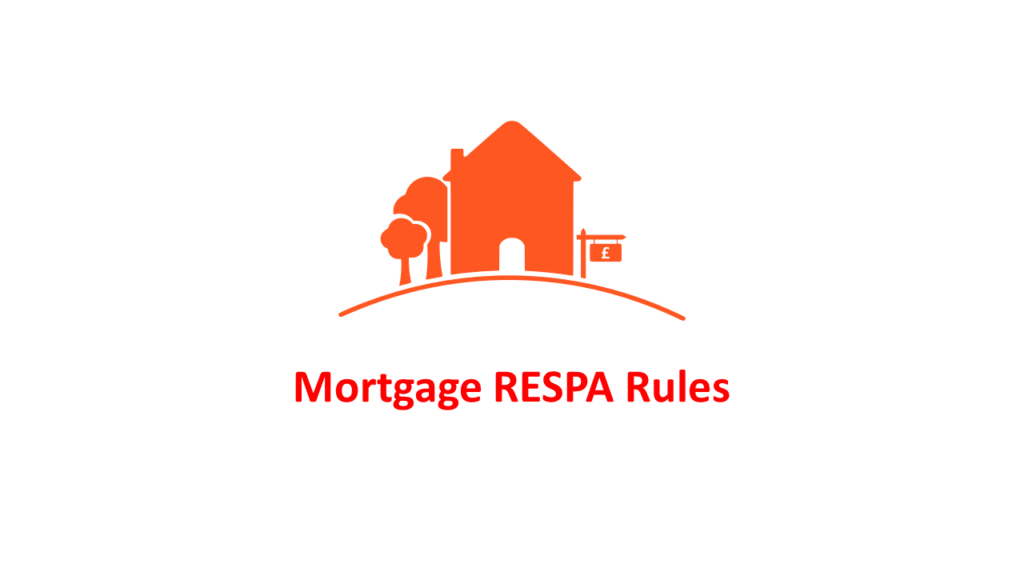We have read it everywhere in the past, and with the many losses that banks, mortgage companies, and even the agencies lost, we know it should not be as existent as it once was. There is not a company that exists that truly wants Mortgage Fraud in their workplace unless of course, they are nuts. It will eventually be caught one way or the other. Yes, it has existed and sometimes, the person in charge probably turned their head if it meant losing a Realtor or client; something minor of course. Mortgage Fraud is never fashionable, nor is it acceptable.
It starts with an applicant having their hopes up to get a home loan. They really do not know what is on their credit report. Sometimes, it can be cleared up, if it is negative and then sometimes it cannot. Then it continues with someone who might not have sufficient income to qualify and they are devastated with this fact and then they have no funds to put into the mortgage loan so….they do not qualify in any aspect of the qualification process. So, what does a loan officer do?
With all due respect to the mortgage applicant; the loan should be stopped before it ever reaches an underwriter. It is always better to get the news of a decline upfront instead of getting deeper into the loan process and having tons of documentation; that is really no good to anyone. Mortgage Fraud is sometimes undetectable for the consumer, however when they sign that application they should inquire about anything that is not correct. It is unacceptable and not what any lender wants within their company.
The facts that can alter the approval of a loan upfront:
- Unacceptable credit- insufficient credit lines not paid as agreed. 30, 60, 90 day late payments on more than one or two account within the past most recent 12 to 24 month period that are not isolated. Rental history with 30 days late payments. Previous mortgage history with 30 day late payments. Excessive public records; collection accounts, judgments, tax liens, civil liens, etc. No evidence that the client has managed their credit in the past 24 to 36 months with any integrity or consciousness. ** Please note that sometimes there are extenuating circumstances that cause derogatory credit ratings. This is when there must be documentation and re-established credit lines still must exist within the past 12 to 24 months following the derogatory ratings. The cause of the extenuating circumstances must be documented and it must be reasonable and there must be evidence that it is unlikely these circumstances will occur again. All of the aspects of the file must be acceptable as well, employment, income, and assets. This would require a manual underwriting review with extensive analysis of the situation. Credit standards must be applied.
- No funds or saving to put into the loan (especially conventional loans) Government backing will allow more for gift funds. Fannie Mae does allow for flexible home buyer loans which allow for a gift. If someone has a 20% down payment, Conventional Fannie Mae loans; all the funds may be gifted.
- Unacceptable employment history. Five jobs within the past 24 months, (without a reasonable explanation), with only 6 months here and there..this is not stability and especially if one is hoping from one profession to another. Contract jobs that are not consistent. Rental income from someone who lives in the house with them.
- An applicant who is dependent upon a second job income with less than a 12-month history.
- An applicant who is dependent upon tip income but has not reported it to the IRS; no history.
- An applicant who is dependent upon child support income and/or alimony cannot be documented.
- Debt to income ratios above the normal and normal might be different for each individual depending upon their savings ability of reserves after closing. Total debt to income normally ranging from 36 to 45; again depending upon the entire file, credit scores, and repayment ability analysis.
- Insufficient income to meet the new debt without causing hardship to the consumer.
Please note that these things are all analyzed upfront for the short term, if there are areas that may be corrected; so be it, but if several or all of these exist, not any loan officer should drag you through the meal when there is no hope of correction. If someone has the audacity to say I will fix this, you had the best run. This is when Mortgage Fraud is about to happen and no one should be a part of that; even if it is your best friend.
All mortgage companies are audited. Things pop us and grab the auditor’s attention. No one wants to be a part of Mortgage Fraud. Mortgage Bankers do not allow a loan officer to make up VOEs (verification of employment), pay stubs, play with assets for a borrower, etc. If someone does this; it should be reported to the lender and to the State and Federal Government. This is not acceptable behavior for any mortgage professional. Again, there are bad apples in every basket but that does not mean that all loan professionals have the same intent nor do they want to give someone a loan who cannot afford one. The latter should be the main focus.
The agencies are coming down hard on lenders who are not paying attention to making sure that all loans which are being made are made with honest, accurate, and credible documentation. There are mortgage rules and regulations that must be adhered to.
Types of Fraud
- Misrepresentation of income or employment
- Misrepresentation of credit
- Misrepresentation of assets
- Misrepresentation of occupancy
- Undisclosed liabilities/debts
- Identity theft or Social Security numbers
- Misrepresentation of property values/appraised value
- Mishandling of escrow funds
- Misrepresentation of closing funds being distributed to persons other than whom applicable
- Undisclosed title issues and the list could go on……
Who can participate in these types of Mortgage Fraud? The borrower, the lender’s representatives, the appraiser, the real estate agent, the closing attorneys, builders, lenders, and title companies. There is a difference in mistakes and Mortgage Fraud. This does not mean that one should be suspicious of everyone they meet within the mortgage process. The duty is for the Mortgage Banker, Lenders, and Mortgage Companies to ensure the people they are working with are legitimate professions who take their work seriously and pick up on anything that is not within the guidelines and regulations. This is where quality control comes in.
The above may not be all-inclusive, but this gives you some idea as to what the auditors are looking at when a loan goes to quality control, state, or government auditing.
Not any consumer should allow themselves to get caught up in a process that could eventually hurt them and these kinds of acts can come back to haunt you. Mortgage Fraud is preventable. It is preventable for the lender by hiring qualified, experienced personnel. The new Mortgage Licensing Requirements is working to present qualified mortgage professionals; with loan qualifying procedures that can prevent Mortgage Fraud.






